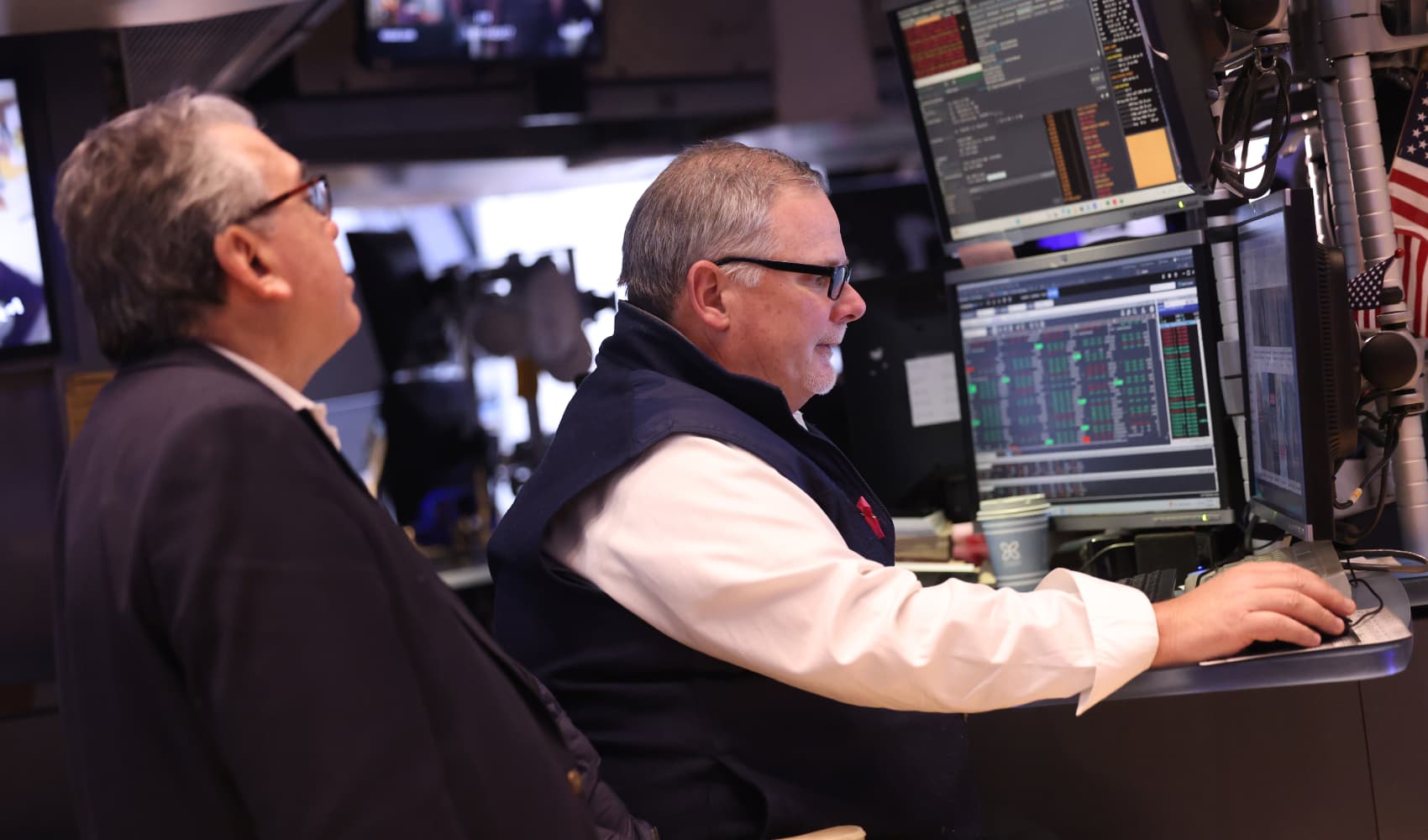
- German carmakers do not have to be concerned about competition from China, German Finance Minister Christian Lindner told CNBC.
- “German cars are the best cars in the world, doesn’t matter if internal combustion engine or electrified vehicle,” he told CNBC's Karen Tso.
- Tensions about Chinese green technology exports have been rising as the EU and U.S. have expressed concerns about Chinese trade practices and policies.
German carmakers do not have to fear competition from China and are still considered the best in the world, German Finance Minister Christian Lindner told CNBC.
"German cars are the best cars in the world, doesn't matter if internal combustion engine or electrified vehicle," he told CNBC's Karen Tso on the sidelines of the IMF Spring Meetings in Washington, D.C., on Thursday.
"German car manufacturers are world leading, they do not have to fear Chinese competition," Lindner said.
Get San Diego local news, weather forecasts, sports and lifestyle stories to your inbox. Sign up for NBC San Diego newsletters.
Competition in the electric vehicle, or EV, market in China and Europe, as well as the U.S., has been heating up in recent months. More and more Chinese companies are making headway when it comes to EVs, and China's BYD has been in close competition with Tesla for the crown of biggest EV maker.
China's EV sector has seen substantial growth, sending a large amount of vehicles to other markets that often come at a more accessible price point. This rapid development has raised questions and concerns about China's trade practices and policies in the U.S. and the European Union.
Money Report
U.S. Treasury Secretary Janet Yellen last month warned that China may be using global markets as a dumping ground for cheaper clean energy products, including EVs. This could push down market prices and put pressure on green manufacturing elsewhere, Yellen said.
Both Yellen and European Commission chief Ursula von der Leyen earlier this month called for a tough stance on potential unfair competitive practices from China. The European Union has also launched an investigation into Chinese subsidies for EVs.
China has denied any wrongdoing, with its Minister of Commerce, Wang Wentao, saying that any allegations about "overcapacity" were without merit. China's success in the EV sector was linked to "constant innovations" as well as a "well-established supply chain system and market competition," rather than subsidies, he added.
Concerns from the U.S. and EU cover a range of green technology sectors, including EVs, solar panels and lithium-ion batteries.
Lindner on Thursday said that the potential dumping of Chinese products onto global markets needed to be examined, as would concerns that China is paying subsidies to producers for selling cars below production value.
"This would be unfair and then we would have to, to decide about measures," Lindner said. However, so far it had not become clear that China was in fact following this dumping approach when it comes to EVs or other industries, he noted.
When asked what these measures could look like, Lindner said that all options were on the table. This echoed comments from Yellen, who earlier this month told CNBC that she would not rule out any measures, including tariffs on Chinese exports.
There has however been reluctance from the German government in particular about such tariffs, with a spokesperson for German Chancellor Olaf Scholz saying that he was skeptical about whether they were necessary, according to Reuters.
This came ahead of Scholz's visit to China earlier this month, during which he warned against unfair competitive and trade practices.
While there would eventually be Chinese cars in Europe, competition must be fair and there must not be any dumping, overproduction or copyright infringements, he told students at Tongji University in Shanghai, according to Reuters.
Lindner on Thursday told CNBC that there were also advantages to Chinese green technology exports such as "very cheap" Chinese solar components that have poured into German markets.
"The private households in Germany, they benefit from these cheap components and our advantage, our competitive advantage is the system as a whole," he explained.






